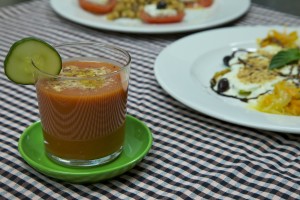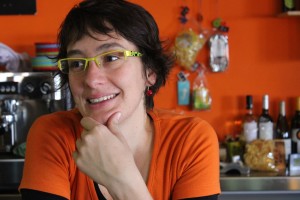by Neus Monllor, 13/12/2013
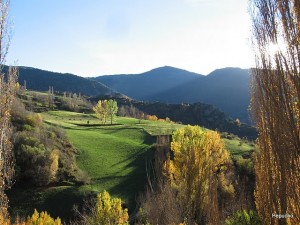
In 2011 I defended a PhD Thesis about how young people are entering agriculture. Thanks to the ICRPS program I could finish a comparative exploratory study between two different areas, one in southern Ontario (Canada) and the other one in Catalonia (Spain).
One of the main results of the research was the identification of a new emerging group of people believing in a different style for farming: the new peasantry. Most of the farmers in this group are newcomers to agriculture, but there are also a lot of young farmers, born and raised on a family farm, that are working in a new direction, far away from the agribusiness idea.
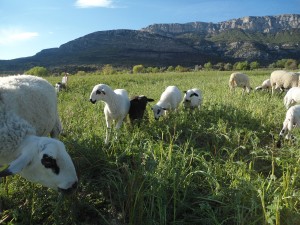
The New Peasantry is embedded in the locality, believes in diversification, promotes environmentally friendly practices, cooperates in collective causes, re-introduces suitable technologies, explores and seeks autonomy, fights for the future of new generations, and tries to reduce the capital intensification of conventional farming practices. This New Peasantry, continuers and newcomers, are not just a handful of people with pie-in-the-sky ideas, as they have often been described by experts and corporations from the agro-industrial sector.Evidence shows that this group is serious and they are becoming recognized by more and more sectors of our society, who see the strategic role played by these farmers as desirable. In the past five years several reports, books and articles have appeared that speak of this emergent group as a ray of hope to address the many questions of sustainability in view of the increasing incoherence of the prevailing agricultural model.
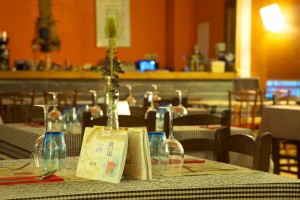
My own desire to explain this reality to the citizens drove me to open a restaurant where the real protagonist is the new peasantry. My utopic idea became real in 2010 when the “Espai Tomata” opened to the public in a little mountain village of the Pyrenees (Catalonia). It is an organic, local and seasonal restaurant. The eaters know in any moment what they are eating and who the farmers were that produced it. Nowadays, the restaurant is closed because I’m not a cook and I just wanted to test how food is a big connector to rural development and social change. If we are aware about who has put food on our table, we can make decisions that may influence our social and economic environment.
After my experience in the Pyrenees I’m developing a new concept: The Committed Cooking. It is not enough to eat or produce organic and/or local; the real change is to understand the value of food as a key element of social transformation. In order to define the new concept I have identified five characteristics: 1) local, 2) organic, 3) seasonal, 4) direct marketing and 5) fair payments.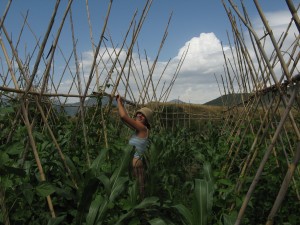
This criterion is what Committed Cooking defines as necessary to transform the act of food consumption into a positive contribution for society and nature. If we follow it, cooking becomes a reflexive act, conscious and political, which promotes healthy relationships between the territory and the people who are a part of it. The promotion and introduction of this criteria in our daily life can make a real paradigm shift. There are social and economic relations in each dish that must be taken into account.
Committed Cooking extends its contribution to different areas, promotes social cohesion, encourages the creation of alternative economic models, ensures food sovereignty, dignifies the peasantry, creates new jobs, contributes to the establishment of population in the territory, etc. In summary, Committed Cooking contributes to maintaining a dynamic countryside.
I believe that the new peasantry is an essential ingredient of the committed cooking idea. Thus, society needs a new generation of farmers that ensure real food on a daily basis. If we buy consciously, our environment will notice the change. It’s easy, we just need to begin!
All photos courtesy of Neus Monllor


